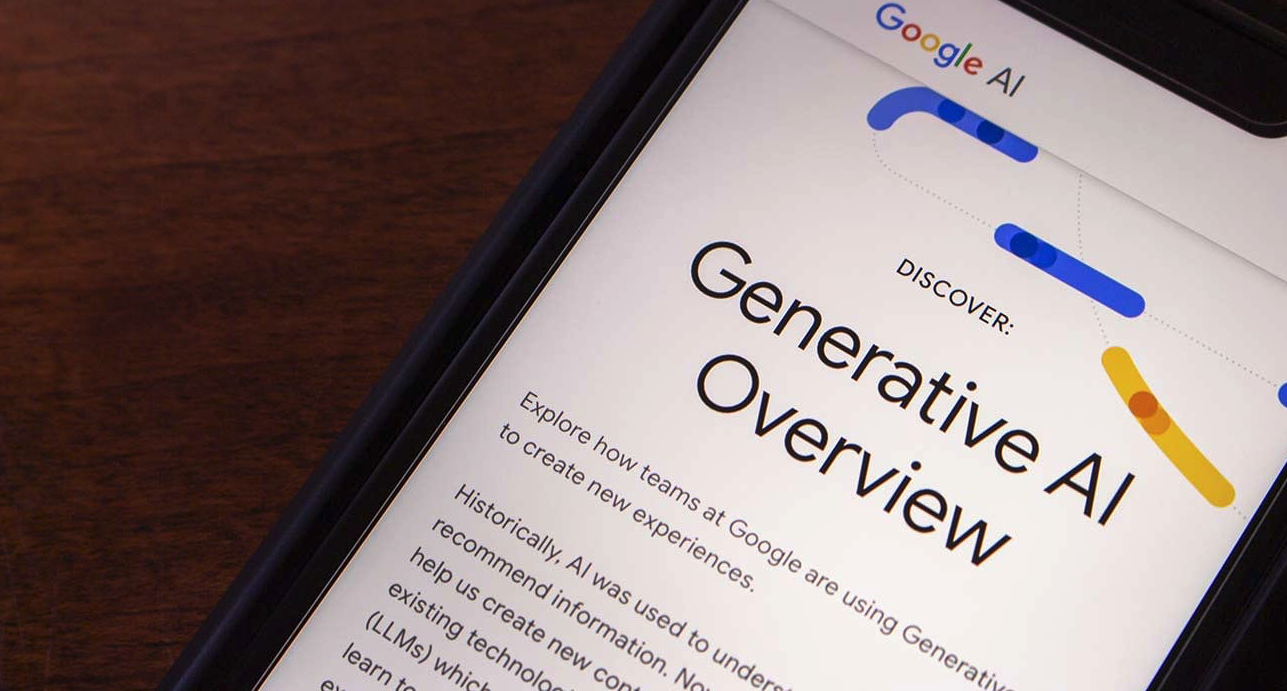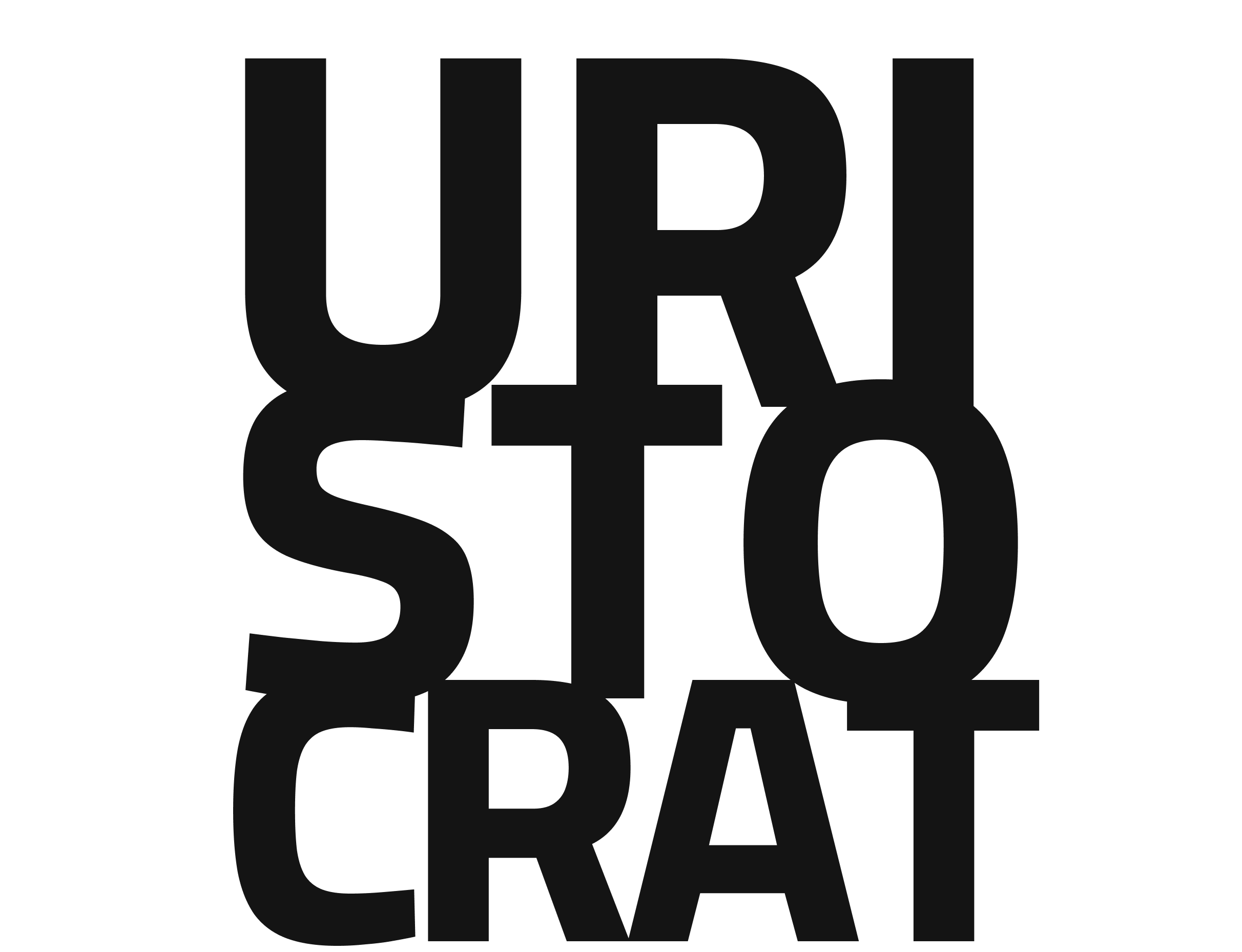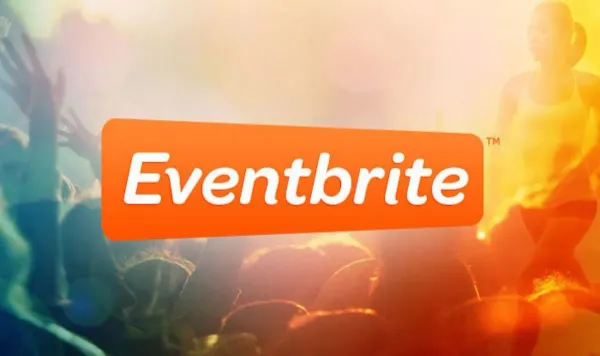The Founder's Guide to GEO: Optimizing Marketing and Product Landing Pages for AI-Driven Search
Traditional SEO is dying. AI-powered search through Google's AI Overviews and tools like ChatGPT now drives 30-50% of startup signups. This guide shows technology founders how to optimize their marketing and product pages for Generative Engine Optimization.

TL;DR: Traditional SEO is dying. AI-powered search through Google's AI Overviews and tools like ChatGPT now drives 30-50% of startup signups. This guide shows technology founders how to optimize their marketing and product pages for Generative Engine Optimization (GEO) to capture this high-converting traffic.
The Search Landscape Has Changed
If you're a technology founder, here's a reality check: Google's AI Overviews now appear in over 50% of searches, up from just 25% ten months ago. ChatGPT already captures 3% of Google's traffic and could reach 10% by year-end. Meanwhile, your competitors are still optimizing for traditional SEO while this seismic shift happens around them.
The emerging companies that adapt to Generative Engine Optimization (GEO) now will dominate tomorrow's search landscape. Those that don't risk becoming invisible to their potential customers.
Why GEO Converts 12x Better Than Traditional Search
Ahrefs sees LLMs represent only 0.5% of visitors but over 12% of signups. LLM search converts 12x better than traditional search. This isn't just a nice-to-have optimization—it's a conversion goldmine.
The reason is simple: Users of LLMs ask detailed, intent-rich questions like "Compare the top 5 project management tools for remote teams under 50 people, including pricing and integration capabilities." When they click through to your site, they're already primed to convert.
Rethinking Your Marketing Pages for GEO
Shift from Keywords to Comprehensive Answers
Traditional SEO thinking: Target "project management software" with a basic landing page.
GEO thinking: Create comprehensive resources that answer questions like:
- "What's the best project management software for startups with remote teams?"
- "How does [Your Product] compare to Asana, Monday, and Notion for agency workflows?"
- "Step-by-step guide to implementing project management software in a growing startup"
Structure Your Product Pages for AI Citations
AI models love structured, factual content. Restructure your product pages to include:
Essential Elements for Every Product Page:
- Clear value proposition in the first paragraph
- Specific use cases with concrete examples
- Feature comparison tables with competitors
- Pricing breakdown with clear tiers
- Integration capabilities list
- Customer testimonials with specific results
- Implementation timelines and requirements
Create Comparison Landing Pages
AI models frequently cite comparison content. Build dedicated pages for:
- "[Your Product] vs [Competitor A]"
- "Best [Product Category] for [Specific Use Case]"
- "[Product Category] comparison: Features, pricing, and use cases"
Include detailed feature matrices, pricing comparisons, and specific recommendations for different user types.
Content Strategy for Maximum AI Visibility
Embrace Long-Form, Detailed Content
The average LLM search is extremely detailed and nuanced at 20+ words, not counting follow-ups. Your content needs to match this depth.
Content formats that perform well in GEO:
- Comprehensive guides
- Step-by-step tutorials with screenshots and examples
- Industry reports with original data and insights
- Case studies with specific metrics and outcomes
- FAQ sections that address nuanced questions
Leverage Subject-Matter Expertise
Include real statistics, unique insights from subject-matter experts, and compelling case studies. AI models prioritize authoritative sources.
Practical implementation:
- Feature quotes from your technical team in blog posts
- Include founder insights in product documentation
- Share specific metrics from customer implementations
- Publish original research from your industry experience
Optimize for Question-Based Queries
Structure content around the questions your prospects ask:
- "How long does it take to implement [your product]?"
- "What integrations does [your product] support?"
- "How does [your product] handle data security?"
- "What's the ROI of using [your product] for [specific use case]?"
Technical Optimization for Your Landing Pages
Implement Structured Data
Help AI models understand your content by implementing:
- Schema markup for products, reviews, and FAQs
- JSON-LD structured data for key pages
- Table markup for comparison data
- Review markup for customer testimonials
Create AI-Friendly Content Architecture
Information hierarchy that AI models love:
- Clear headings (H1, H2, H3) that match search queries
- Bullet points and numbered lists for key features
- Tables for comparison data
- Bold text for important concepts and statistics
Optimize Page Speed and Mobile Experience
AI models consider user experience signals. Ensure:
- Core Web Vitals scores are in the green
- Mobile-first design that loads quickly
- Accessible content with proper alt text and headings
- Fast loading times across all devices
Measuring Your GEO Success
Track AI Visibility Metrics
Monitor your presence across AI platforms:
- Citation frequency in AI responses
- Share of voice for industry topics
- Sentiment analysis of AI-generated mentions
- Click-through rates from AI sources
Analyze Conversion Patterns
GEO traffic behaves differently from traditional search:
- Higher conversion rates but lower volume initially
- Longer session duration and deeper page engagement
- Different user journey patterns with fewer page views before conversion
Optimize for "How Did You Hear About Us" (HDYHAU)
Track attribution to understand which AI sources drive the most valuable traffic. This helps prioritize your content distribution efforts.
The Bottom Line
The shift to AI-powered search isn't coming—it's already here. Google's AI Overviews appear at the top of over 50% of searches. Technology founders who optimize their marketing and product pages for GEO now will capture the highest-converting traffic available.
Start with your core product pages, create comprehensive comparison content, and build a distribution network beyond your website. The companies that master GEO will dominate their markets while their competitors wonder where all the high-intent traffic went.
The question isn't whether AI will reshape how customers find you—it's whether you'll be ready when they do.
Ready to implement GEO for your startup? Start with your most important product landing page and apply these principles. Need tactical and strategic advice on executing your GEO strategy? Reach out to for expert guidance. The future of search is here, and it's time to claim your space in it.




